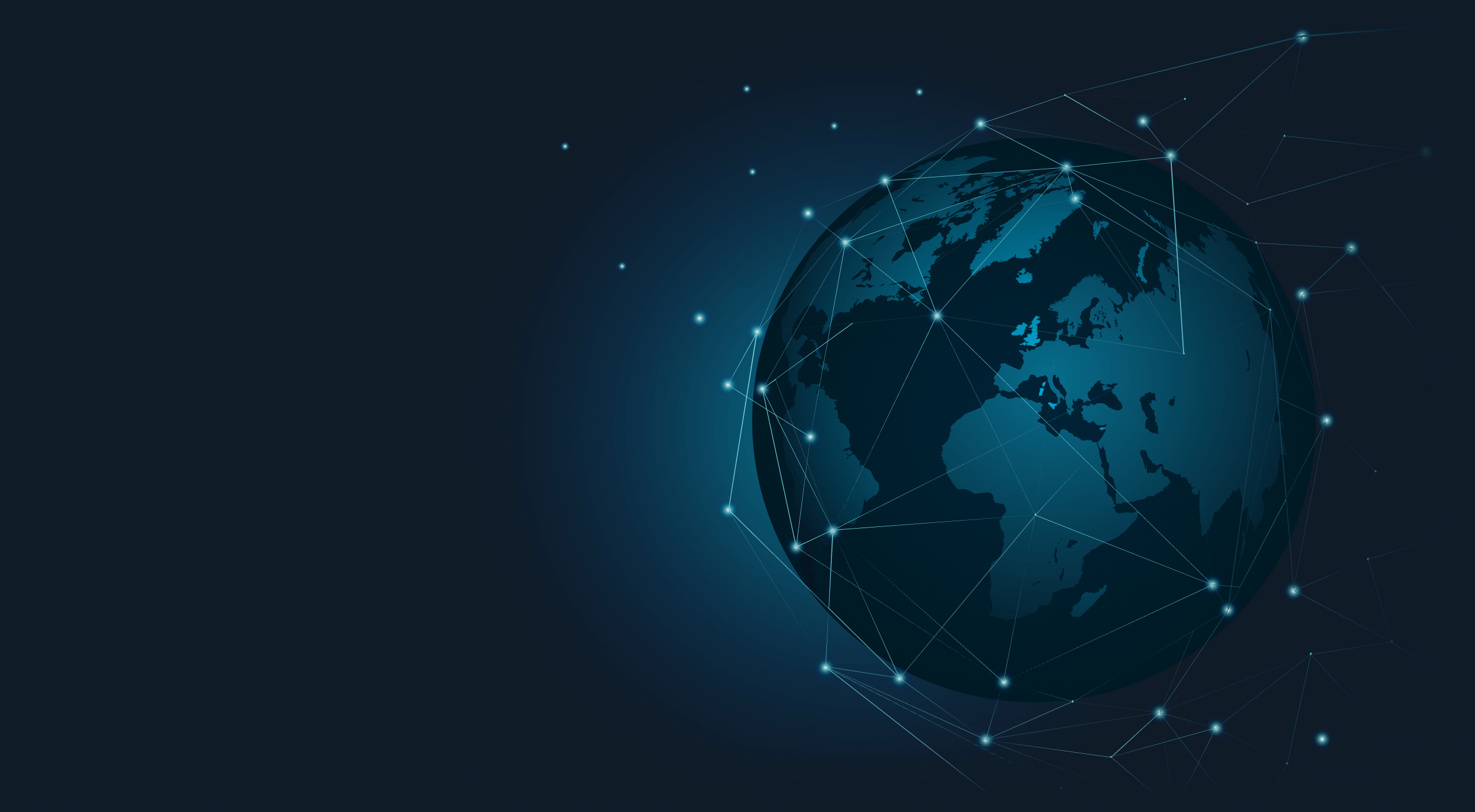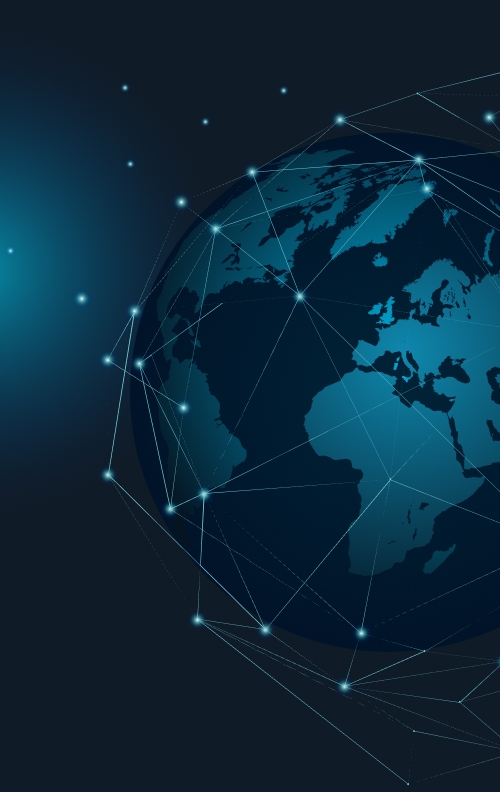CLOUDY podcast | #15 AI vs. Copyright
- News
Why did the new Chat GPT model spark passions?
People got a new player. It happened like every other viral trend completely by accident. A new model came out, people could play around a bit, found a popular style/trend there and were able to apply it as a filter. Someone published something, it got a few million likes and we have a viral trend from it.
I'll guess, it's a so-called box, a showcase with your person?
Exactly.
What are the improvements, or rather new features of the new Chat GPT?
People can now save their work and models have also been released that are not only for developers, but for so-called deep thinking. This means that if I have a problem and I need the model to think about it a little more, in that case it already gives quite complex answers.
Now Chat GPT learns from us and keeps a history of our conversation, so it adapts to the level of conversation, to how we are used to communicating.
Let's stay with those images for a moment, what are they, templates? What is it that suddenly became such a hit?
So generating images is not new, but they applied a quasi-filter system there. So we are limited by how appropriately we write what we want there, what filter will be used for it and what input image we want to put there. So now these filters allow us to completely redraw something in some animated style, cyberpunk style and the like.
Do I get those styles in the offer directly from Chat GPT or do I have to enter them into Chat?
That depends on two factors. First of all, whether I use GPT or some other solution like Flux, Staly, Stable Diffusion... And what filter should I choose, because the individual models that generate it are trained on some set like Cyberpunk, Terminator, nature...
And the second factor there is what theme the input image should have and then the prompt. There are positive prompts and negative prompts. A positive prompt consists of what it should contain and a negative prompt consists of what it should leave out.
Can a person put on their resume as a skill that they can work well with Chat GPT?
Yes, because it is required. The person who does not use new tools and possibilities is falling behind. Three or four years ago, when GPT was still in its infancy, I think it was Netflix that offered a $100,000 annual salary for someone who could write those prompts correctly.
So it is just a competitive advantage for the person that they can keep up with the times.
Can a modern work of art be created using AI?
Yes, it can. Today, AI is often used, so I need to make a nice picture for my living room or something similar and I will do what I need there. If I do it for my own purposes, I don't see a problem with that. The problem arises when a person tries to monetize it and there are already some ethical and legal problems.
How can this be with works created using AI? Do they have value?
Well, the beauty is that I can create similar works. Not the same, but similar. I can generate something that I like. I can generate it over and over again and if I like it, I can either buy it, but for it to become a million-dollar business – I can't quite imagine how accessible it is for everyone.

What about authorship for works created by AI? How is it understood that I am the author of this particular visual?
Apart from the fact that the person would declare that they created it and sell it, I don't know. I don't know if there are any trademarks within the generated images. Intellectual property is partly yes, but unless the person has published it somewhere that they created it, authorship is difficult to prove and it's a claim against a claim.
There are also services that say I want to order a T-shirt with an image and I will create the theme myself. I write what I need there, they send it to an image generator, they create a logo, I choose from three options and I have it on my T-shirt. Who is the author? The one who sold it to me or me who came up with it? The EU and later Slovakia will have to react to that. There will definitely be dissatisfaction among artists and it is no wonder. This is just a new tool, the limitations of which we do not yet know. Because it can also help artists and make their lives easier. But we must realize that without existing works of art, these models would not exist.
Have you encountered anyone going to court about this?
I have not heard of any specific disputes, but rather I have heard expressions of dissatisfaction regarding the use of specific artistic styles such as the Ghibli trend. The author commented that it is very humiliating for him and he is not happy that his work, his life's work, is being discredited in this way.
It is certainly an ethical issue for some, especially those who have studied it, but the development simply cannot be stopped. AI should be seen as a complement, not a replacement.
Can AI affect my natural creativity?
Every coin has two sides. One thing is what is spread among people and what content, for example, children watch, which is often alarming. So if the agenda is set for a big brainwashing, then a person can lose that creativity.
On the other hand, AI will take some of the creativity, but on the contrary it will add another. It may come to children, because aha, I can do this too. I also have great ideas that I can implement. So in a way, AI supports creativity.
What do you think are the threats and opportunities now in the connection between AI and the future?
To a certain extent, I see the use of robots to speed up graphic design and the like.
We will certainly not avoid unrest in the artistic community. It's probably just a matter of finding a consensus on some kind of coexistence, because both will remain here.
You can listen to the entire podcast on Spotify or watch it on YouTube.


